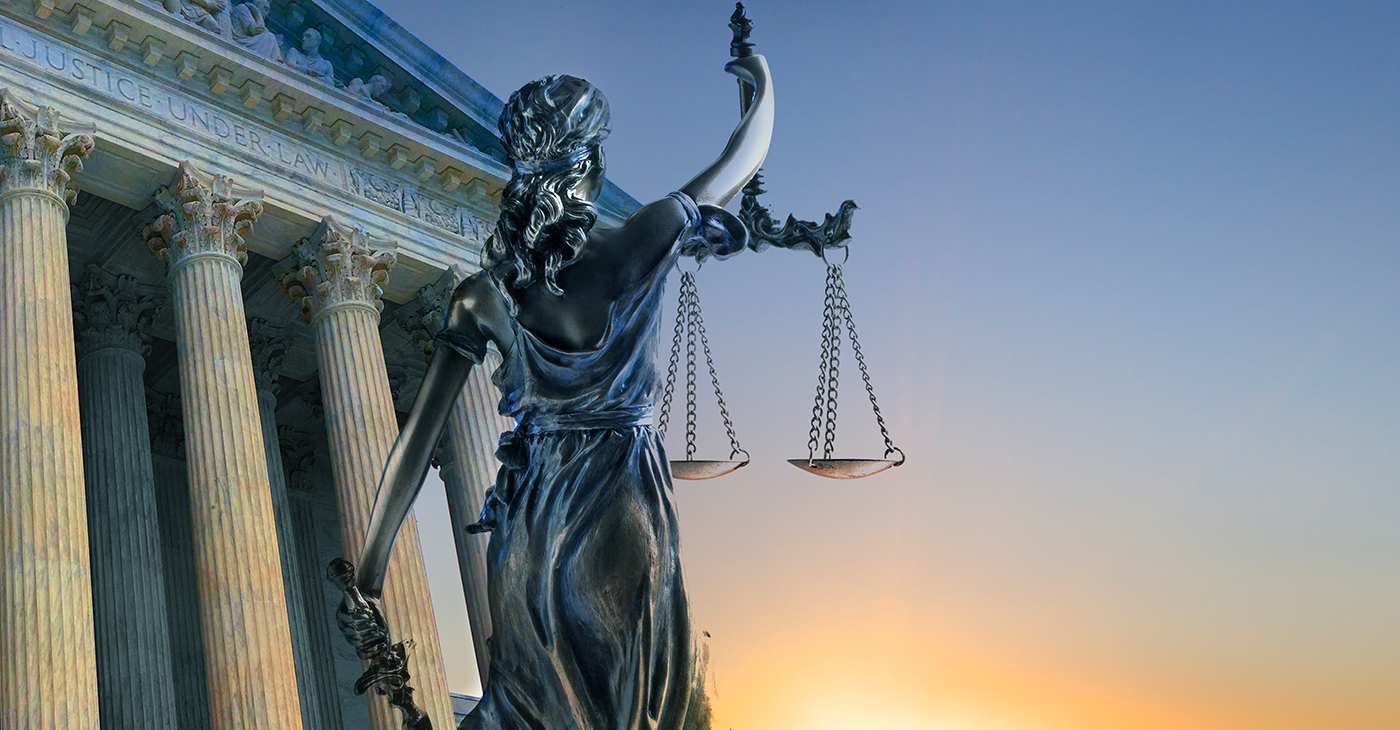By Ned Oliver
(VM) – In many Virginia courtrooms, commonwealth’s attorneys charged with prosecuting crimes continue to earn significantly more than the government employees responsible for defending the accused.
It’s an imbalance that bakes inequity into the criminal justice system, say public defenders, whose state-funded offices represent poor defendants who otherwise wouldn’t be able to afford an attorney.
They say it’s not uncommon to spend years training a new hire only to lose them to a higher paying job, often in prosecutors offices.
“They literally just go across the street to make a significantly increased salary to prosecute people instead of defend them,” said Ashley Shapiro, a senior assistant public defender in Richmond, where lawyers on staff learned they were almost all making less than the highest-paid administrative assistant in the prosecutor’s office.
Public defenders around the state began drawing attention to the problem in recent years. But while all parties seem to acknowledge the salary gap is a problem, the defenders say the problem has only gotten worse.
Both prosecutors and public defender offices are funded by the state, with positions in each earning comparable base salaries. The salary gap stems from a common practice in which local governments allocate extra money from their budgets for prosecutors but rarely do the same for public defenders.
For instance, in Richmond, the most junior public defenders are paid $53,000 a year, all from the state. In the commonwealth’s attorneys office, however, local supplements of more than $20,000 per position are common, and all but two attorneys on staff are paid more than $70,000 a year. Senior attorneys in the commonwealth’s attorney office earn commonly earn $50,000 more than their counterparts in the public defender office.
Of 29 public defender offices, only six receive supplemental local funding, according to David Johnson, executive director of the Virginia Indigent Defense Commission, which oversees public defender offices. That’s up from five a year ago, with Prince William County leaders opting to provide pay supplements beginning day-one when a new public defender office opened there last year.
Johnson said at least half a dozen local offices are actively lobbying their local governments for supplemental salary funding.
“There’s a growing understanding that the system works best when you have equally resourced attorneys on both sides,” Johnson said. “And when that doesn’t happen — when one side is valued much more heavily than the other — then that’s a recipe for inequality and unequal justice.”
The most public campaigns have emerged in Richmond and Virginia Beach. And in both localities, the efforts are supported by local prosecutors.
“This is a very serious need,” Virginia Beach Commonwealth’s Attorney Colin Stolle told members of the city council, according to The Virginian-Pilot. “These are your constituents that the public defenders represent.”
But the campaigns have run into resistance at both the local and state level.
A decision by the General Assembly this year to open a public defenders office in Chesterfield County was met with skepticism by local leaders worried they might be expected to provide local funding, according to the Chesterfield Observer. (Indigent defendants in localities without public defenders offices are represented by court appointed attorneys.)
“I think it’s a legitimate concern, given the nature of how business has been done in the past on a whole host of unfunded mandates,” local supervisor Chris Winslow told the newspaper.
In Richmond, Mayor Levar Stoney initially sounded open to boosting public defender pay when the office went public with its campaign in 2019, saying in a statement he was giving the request “serious consideration.”
But since then, his administration has taken a hard line against providing local funding for the office. Lincoln Saunders, Stoney’s chief of staff, who is currently serving as the city’s acting chief administrator, wrote in a letter addressing the issue that the city was providing pay supplements to the commonwealth’s attorney office because its staff is classified as city employees. Public defenders offices are overseen by the state and function as state employees, Saunders noted.
“Before the administration considers supplementing the pay of state employees, we must first pay our own city employees equitably,” Saunders wrote. “Mayor Stoney agrees that public defenders deserve better pay, and as they are state employees, he hopes the commonwealth and the General Assembly take full responsibility for giving them the increases they deserve.”
Shapiro in the public defender’s office called Stoney’s budget a disappointment but said she remains hopeful that the city will still address the issue this year after three City Council members came out in support of local funding for the office — budget amendments the whole council will consider later this month.
“The mayor has said that he’s committed to equity, he’s committed to the Black Lives Matter movement, and he wanted to see real change in the city,” Shapiro said. “I‘ve heard it said that a budget is a moral document and the budget shows pretty clearly where he’s at.”
At the state level, lawmakers in the General Assembly discussed the issue, but so far haven’t agreed on how to respond. During the 2020 legislative session, Del. Jeff Bourne, D-Richmond, proposed a bill that would have required local governments to supplement public defender salaries at the same rate as commonwealth’s attorneys.
The measure passed the House but died in a Senate committee. Lawmakers worried local governments wouldn’t be able to afford the new mandate. So did representatives of the state’s commonwealth’s attorneys, who said that while they supported the idea in principle, they feared it would lead cash-strapped localities to eliminate local funding for prosecutors rather than begin providing it for public defenders.
“We’re going to wind up losing positions in the commonwealth’s attorneys office,” said Mike Doucette, who at the time served as the executive director of the Virginia Association of Commonwealth’s Attorneys.
Bourne disagreed.
“I think it’s only equitable and fair that if you’re going to give to one you give to the other,” he said.



